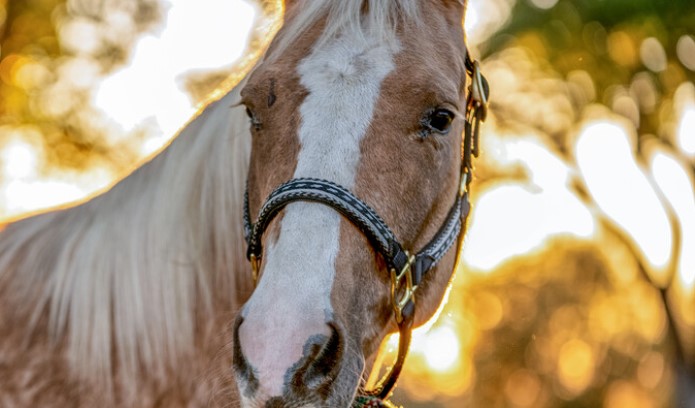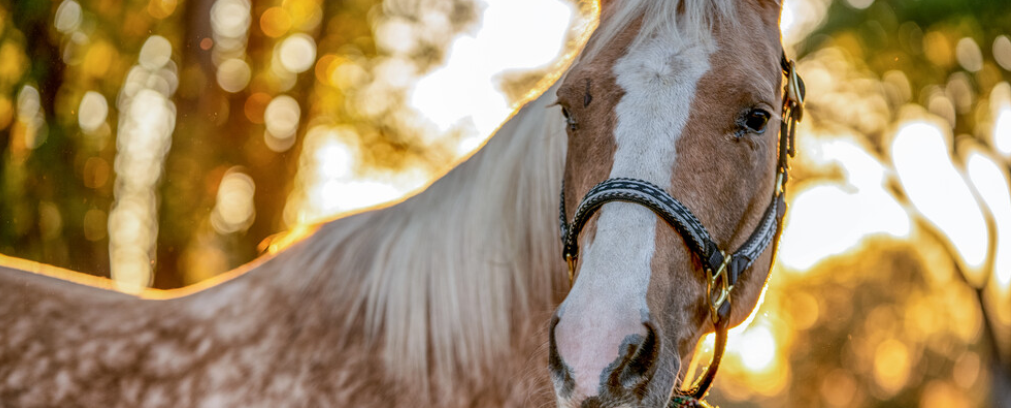
Equine Insurance: Insuring Your Horse
Equine insurance is a crucial investment, applicable beyond professional circles. Your recreational horse represents a significant financial commitment, and it’s vital to recognize the importance of safeguarding both your investment and the well-being of your horse. Explore the benefits of comprehensive coverage, encompassing medical, surgical, mortality, and liability insurance to ensure the optimal protection for your valued equine companion.

For small farms or ranches, regardless of commercial status, safeguarding your assets is paramount. Let’s delve into the essential components of building a comprehensive equine insurance portfolio for your property.
Equine Mortality Insurance
Contrary to its name, full mortality insurance doesn’t solely cover the loss of your horse due to death. This comprehensive policy extends its coverage to include protection against theft as well. In many cases, it serves as the foundational coverage, paving the way for the addition of major medical and surgical coverage.
Enhancing your full mortality policy, you have the option to include loss-of-use insurance. This valuable addition reimburses you in the event your horse suffers permanent disability without the necessity of euthanasia. While it may not cover the full agreed-upon value of your horse, this supplement to your policy can still provide crucial funds to assist in acquiring another horse.
For stallion owners involved in breeding, contemplating the addition of infertility coverage is a wise consideration. This coverage acts as a safeguard for your investment, offering protection in the event of impotence or other incapacity to breed arising from a covered accident or sickness. It provides an extra layer of security for those involved in the breeding aspect of equine endeavors.
It’s important to note that incorporating various add-ons to a full mortality policy often necessitates a thorough examination and approval from a veterinarian. Prior to securing insurance and in the event of a claim, a veterinarian’s assessment and endorsement regarding the horse’s health and wellness play a crucial role in the validation process. This ensures the integrity of the insurance coverage and reinforces the commitment to the well-being of the insured horse.
In cases where your horse doesn’t meet the criteria for full mortality insurance or if you’re seeking a more budget-friendly alternative, limited mortality coverage might be a viable option. Unlike full mortality policies, limited mortality coverage typically cannot be modified or endorsed. However, it does provide insurance against the death of your horse resulting from a specified list of hazards, including but not limited to lightning, wild animal attacks, and building collapse. This offers a more economical choice while still addressing potential risks to your equine companion.
Colic stands out as one of the most dreaded occurrences in a horse owner’s experience, given its potential for causing severe pain and often proving fatal. The silver lining is that colic is a condition that can be addressed through surgery, albeit at a considerable cost. Fortunately, emergency colic surgery may find coverage under a full mortality policy, or it might be available as an optional coverage, providing horse owners with financial protection in the face of this critical and costly medical intervention.
It’s crucial for horse owners to be aware that most insurance policies incorporate sublimits, which represent maximum payout thresholds for various occurrences. This includes costs related to diagnostics, lameness treatment, and even surgeries like colic. While coverage for colic and other surgeries typically has a specified payout limit, certain insurers may provide the option to enhance this limit through an optional upgrade, often requiring an additional premium. Understanding these sublimits is essential for making informed decisions about the extent of coverage for your equine companion.
Equine Liability Insurance
Although many states have equine liability indemnity enshrined in the law, you shouldn’t count on those to protect you against the costs of damage or injury your horse may cause. An equine liability policy for private horse owners (noncommercial use) will help you if your horse injures someone or damages their property. It is usually applicable both on your premises and off, though there likely will be territorial restrictions. If you show or travel outside those geographic zones, talk to your insurance adviser about extending coverage for those purposes.
If you show your horse, use it for pony parties, parades or carriage pulling, or lend it to others, equine liability insurance is an important protection. If you have a helper come to clean your barn or exercise your horse, you have exposure to injury claims. Even if there is no liability proven, you might have to defend yourself in a lawsuit. Your liability policy would help with those costs.
If you decide to pick up some extra money by teaching lessons or giving rides, your personal liability insurance probably won’t have the right coverage. You should consider liability insurance for instructors. This is true even if you don’t have employees or run a commercial barn.
Some horse owners generously stable the horses of others or trailer other horses to shows or trail rides. Doing so puts you at risk of a liability claim if someone else’s horse gets injured while in your care, custody or control. “Care, custody or control” is a specific type of coverage that protects you in transit and wherever you are responsible for the care of another person’s horse. Ask your insurance adviser about adding this to your individual equine liability policy.
Other property concerns
Your tack, your stable, your paddock fence – these are all expensive types of property that may be best insured under a specialty policy. Homeowners insurance might cover some of your horse-related property if your policy is written to include other structures on your premises, but ask your insurance professional about the levels of coverage.
There are policies on the market for large home properties that have a barn and/or paddock, grain silo, horse fencing, jumps, tractors, etc. Many policies limit coverage for barns and other outbuildings to a small percentage (typically 10%) of the principal residence on the property. If you live in a mobile home or a small cottage on a large property with a nice barn, you will need to talk to your insurance adviser about more appropriate coverage for your horse-related structures and contents.
Your trailer must be insured separately under your auto insurance policy and should include collision as well as noncollision (or comprehensive) coverage. If a tree falls on the trailer while it’s parked or a windstorm blows it over, help with repairs will be available under that comprehensive clause. Make sure your agent knows you will trailer horses so that your personal auto insurance liability limits reflect that.
With a combination of good homeowners insurance, solid personal auto coverage, and equine insurance that takes into account both the relative value of your home and your horse-related property, you should have adequate protection in the event of an unfortunate incident.
The more detail you can give your insurance professional about your horse and your equine-related activities, the better your coverage will fit. Working with an adviser who is familiar with equine insurance is the best way to prevent gaps.

